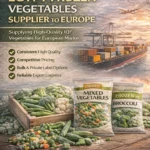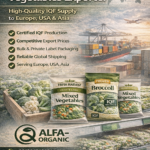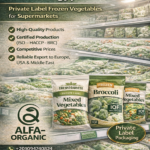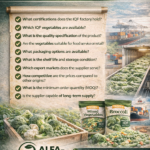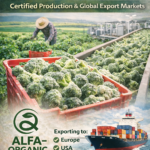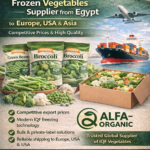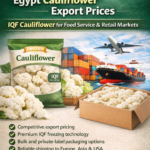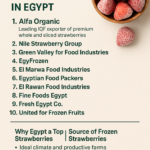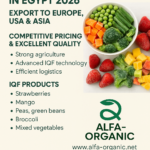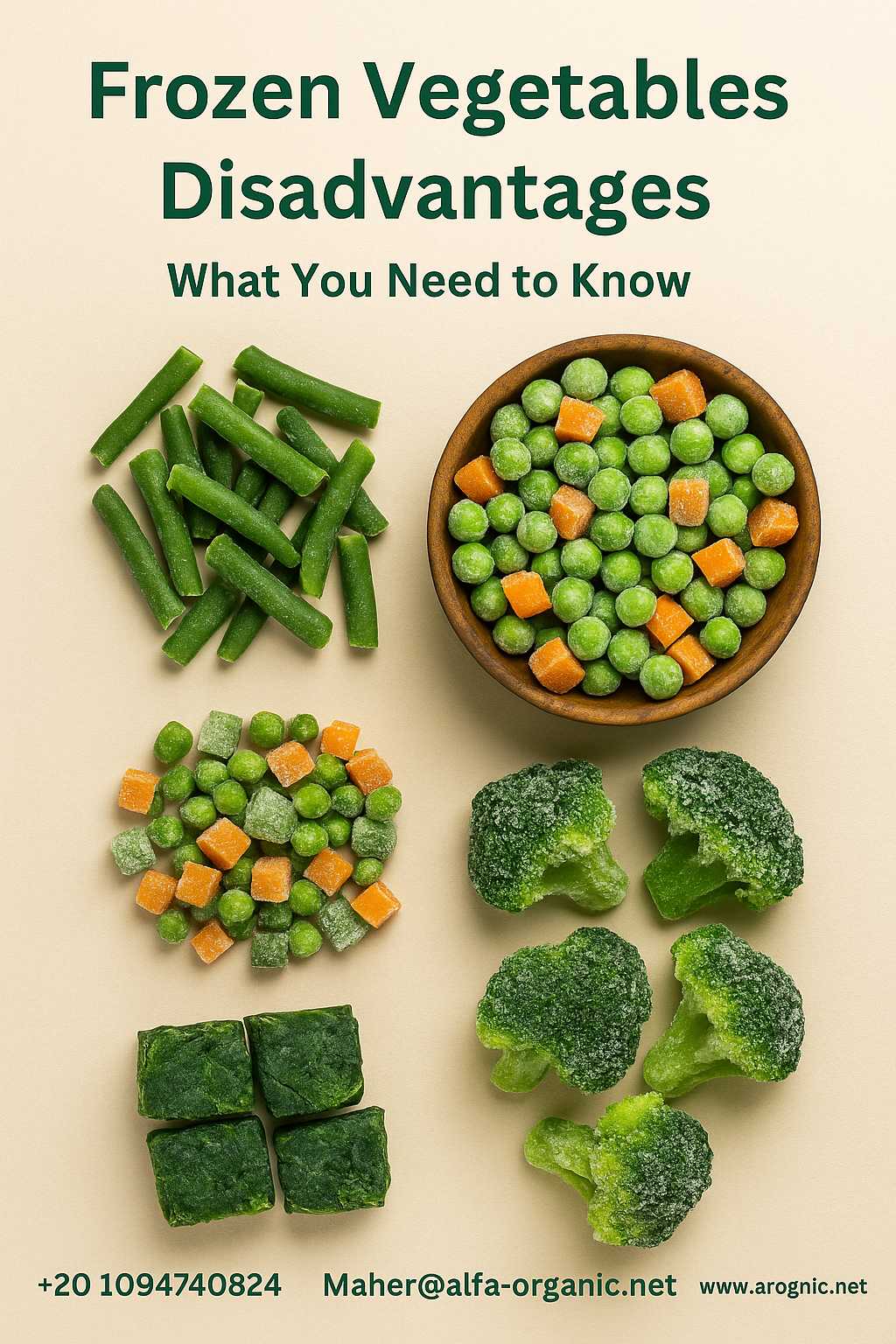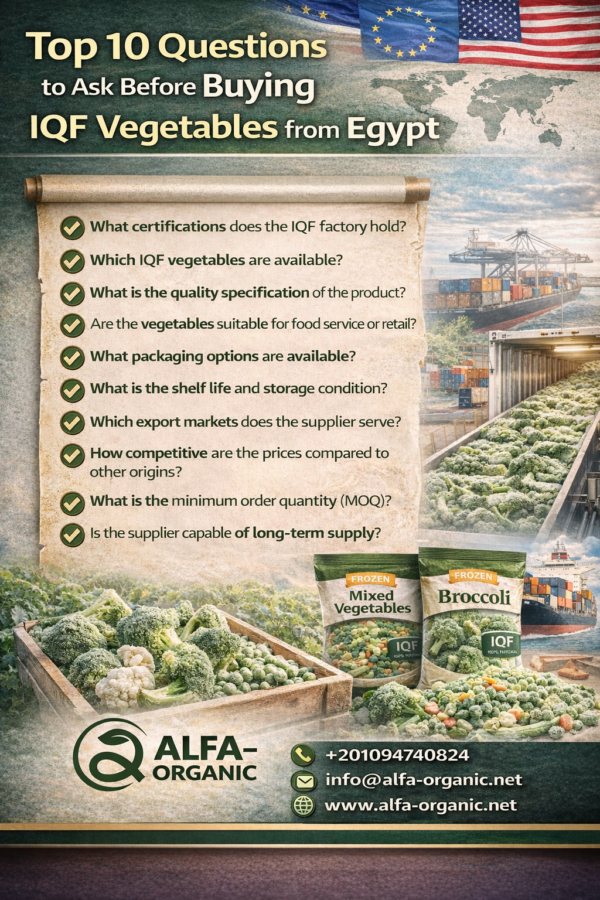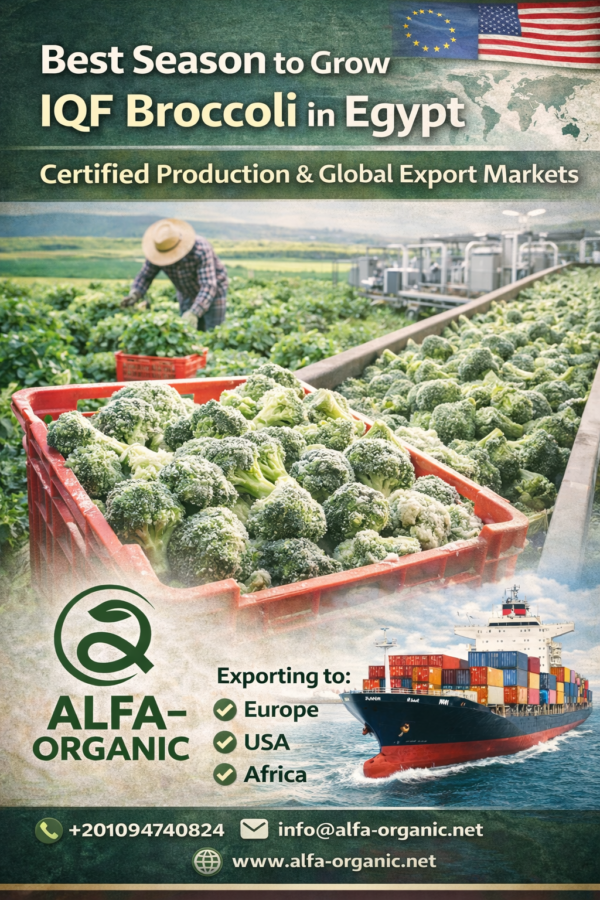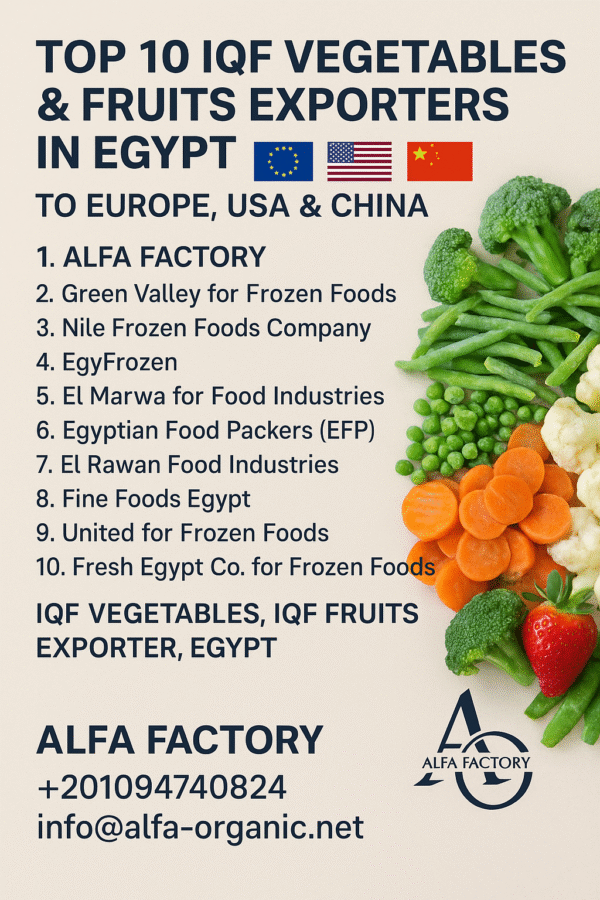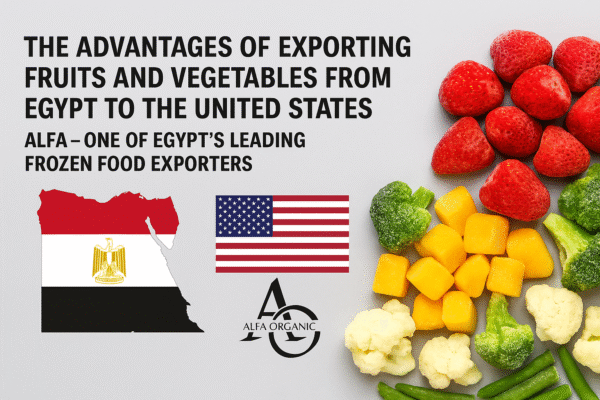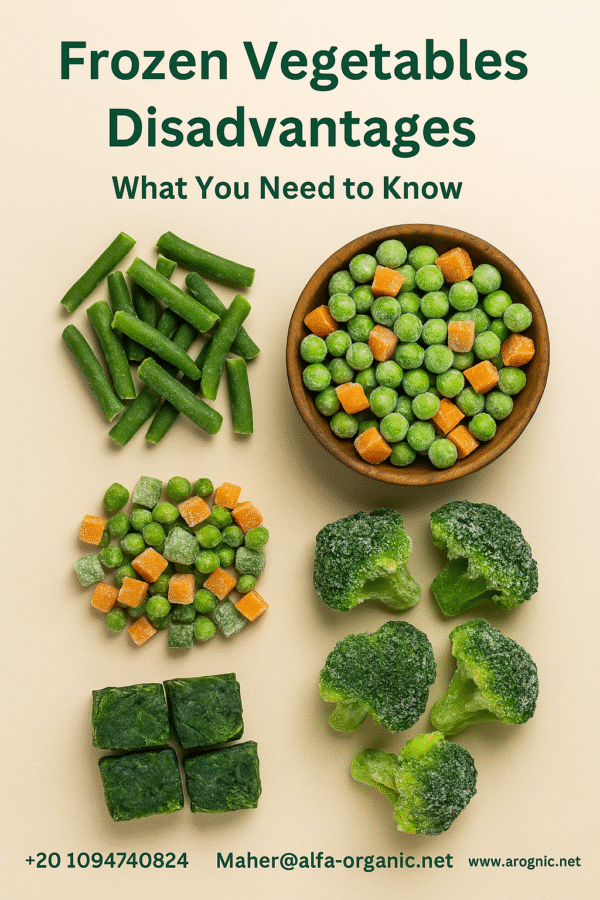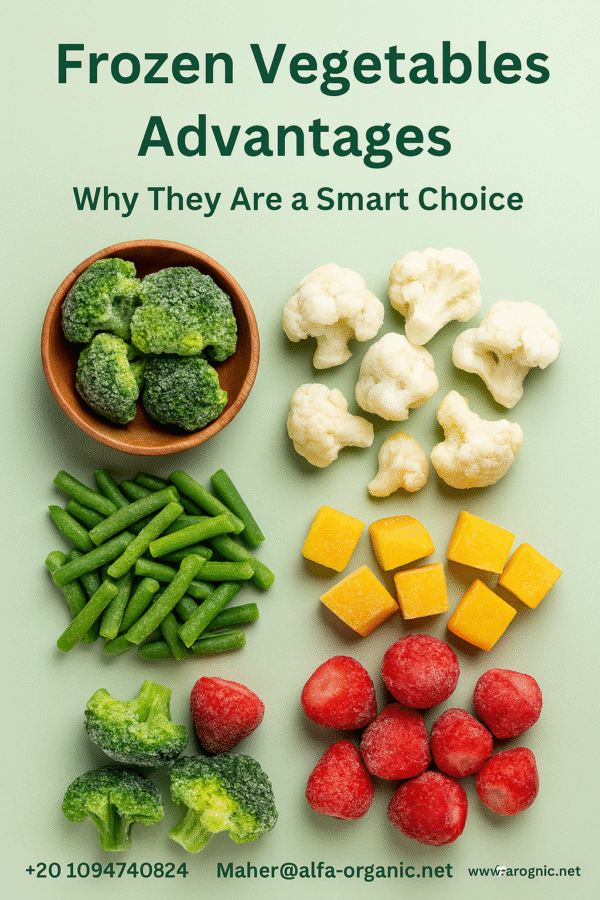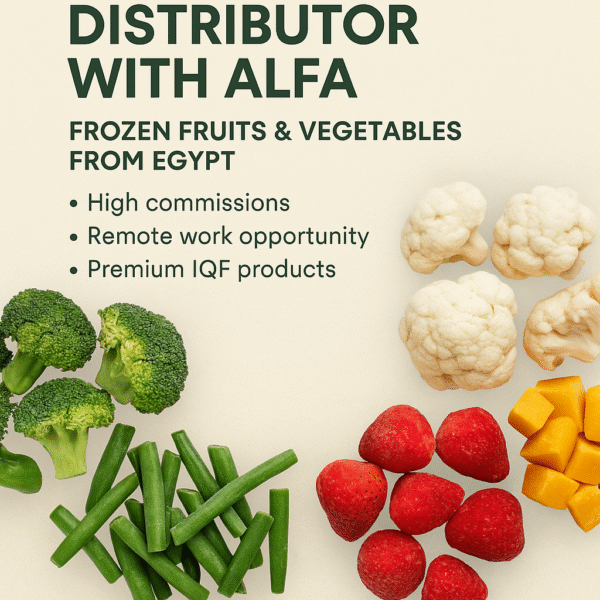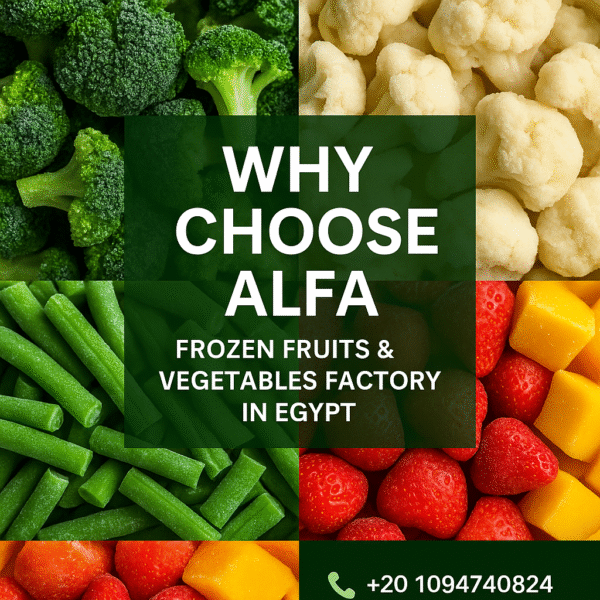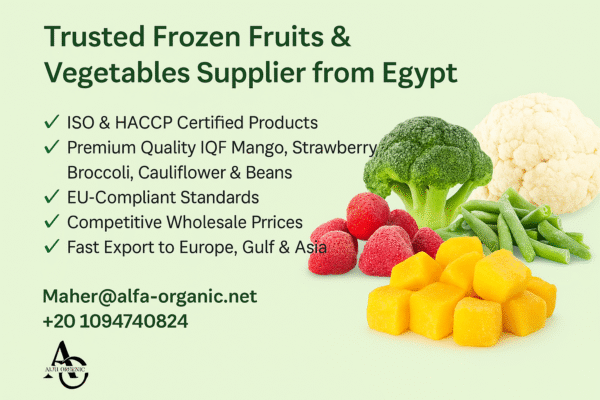🥦 Frozen Vegetables Advantages and Disadvantages | Complete Guide
Frozen vegetables have become a staple in modern kitchens and the global food industry. With busy lifestyles and growing international trade, they provide convenience, long shelf life, and cost savings. However, like all food options, frozen vegetables also come with disadvantages such as texture changes and limited variety.
This article will give you a balanced overview of frozen vegetables advantages and disadvantages, helping both consumers and businesses make informed decisions.
✅ Advantages of Frozen Vegetables
1. Convenience
Frozen vegetables are washed, peeled, and cut before packaging. This saves time for families, restaurants, and caterers.
2. Longer Shelf Life
Stored at -18°C, frozen vegetables can last up to 12–18 months, reducing food waste.
3. Year-Round Availability
Frozen vegetables allow access to seasonal crops throughout the year. For example:
-
Strawberries in winter
-
Mango chunks out of season
-
Broccoli anytime of the year
4. Nutritional Value
Thanks to IQF (Individually Quick Frozen) technology, nutrients are preserved at peak freshness. Sometimes frozen vegetables can even be richer in vitamins compared to fresh produce stored for days.
5. Cost-Effective
Frozen vegetables are generally cheaper, especially when fresh produce is out of season. They are a great option for bulk and wholesale buyers.
6. Food Safety
Blanching and freezing kill harmful bacteria, making frozen vegetables a safe choice for households and food businesses.
7. Versatility
They can be used in soups, stews, stir-fries, pasta dishes, and smoothies (with fruits).
❌ Disadvantages of Frozen Vegetables
1. Nutrient Loss
Some vitamins, like Vitamin C and B vitamins, may be reduced during blanching.
2. Texture and Flavor Changes
After thawing, vegetables like broccoli or cauliflower can become soft or soggy, losing their crispness.
3. Limited Variety
Not all vegetables are suitable for freezing (e.g., cucumbers, lettuce, and some herbs).
4. Added Ingredients
Some frozen vegetables may contain added salt, sauces, or preservatives, lowering their health benefits.
5. Storage Issues
If not stored at the correct temperature, they may develop freezer burn, affecting taste and texture.
6. Unsuitable for Raw Dishes
Frozen vegetables are less ideal for salads, but perfect for cooked dishes.
7. Environmental Concerns
Energy use in freezing, storage, and plastic packaging contributes to environmental impact.
🌍 Customer Reviews from Europe
⭐ Germany – Importer
“Frozen vegetables from Egypt have been reliable for our retail chain. They are affordable and safe, though sometimes softer than fresh produce.”
⭐ UK – Supermarket Buyer
“We appreciate year-round availability. Alfa frozen broccoli and beans are always consistent in quality.”
⭐ France – Foodservice Company
“Frozen vegetables save us time in meal preparation. However, some varieties are better than others in texture.”
⭐ Netherlands – Wholesaler
“Frozen fruits like strawberries and mango chunks are a hit with our clients. They combine convenience with great taste.”
⭐ Italy – Restaurant Supplier
“Frozen cauliflower and beans from Alfa are cost-effective and easy to store. Perfect for our catering clients.”
❓ Frequently Asked Questions (FAQ)
Q1: Are frozen vegetables as healthy as fresh ones?
Yes, they retain most nutrients. However, some vitamins may be lost during blanching.
Q2: Why do frozen vegetables taste different?
Freezing alters water content, making some vegetables softer after thawing.
Q3: Are frozen vegetables cheaper?
Yes, especially off-season, making them great for budget-conscious buyers.
Q4: Can frozen vegetables replace fresh ones completely?
They are a great alternative but should complement fresh produce, not fully replace it.
Q5: Are frozen vegetables safe for children?
Yes, they are safe and often easier to cook for family meals.
Conclusion
Frozen vegetables are a modern solution to the challenges of food storage, preparation, and supply. Their advantages—convenience, long shelf life, cost-effectiveness, and year-round availability—make them essential for both households and international food businesses.
However, consumers and buyers must also consider the disadvantages, such as texture changes, nutrient loss, and storage requirements.
✨ The key is balance: use frozen vegetables for convenience and availability, while enjoying fresh produce whenever possible.

